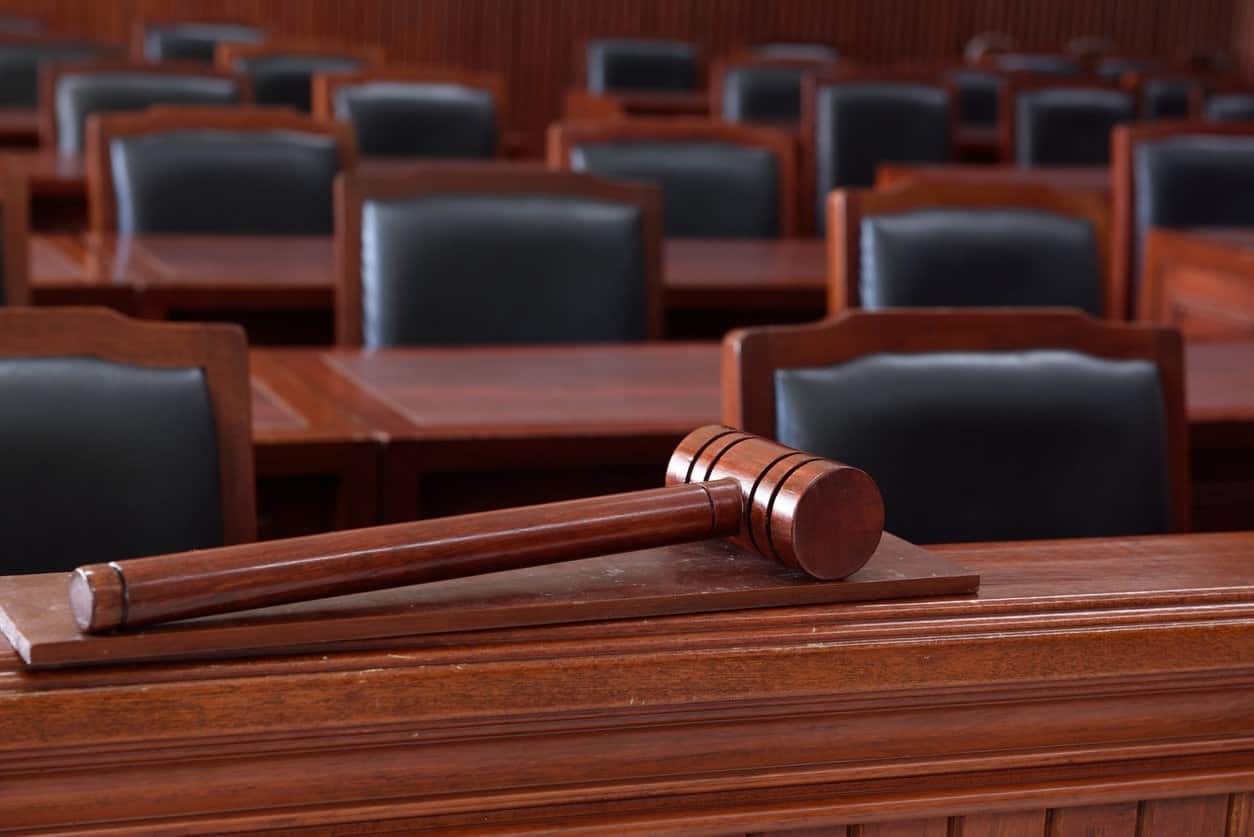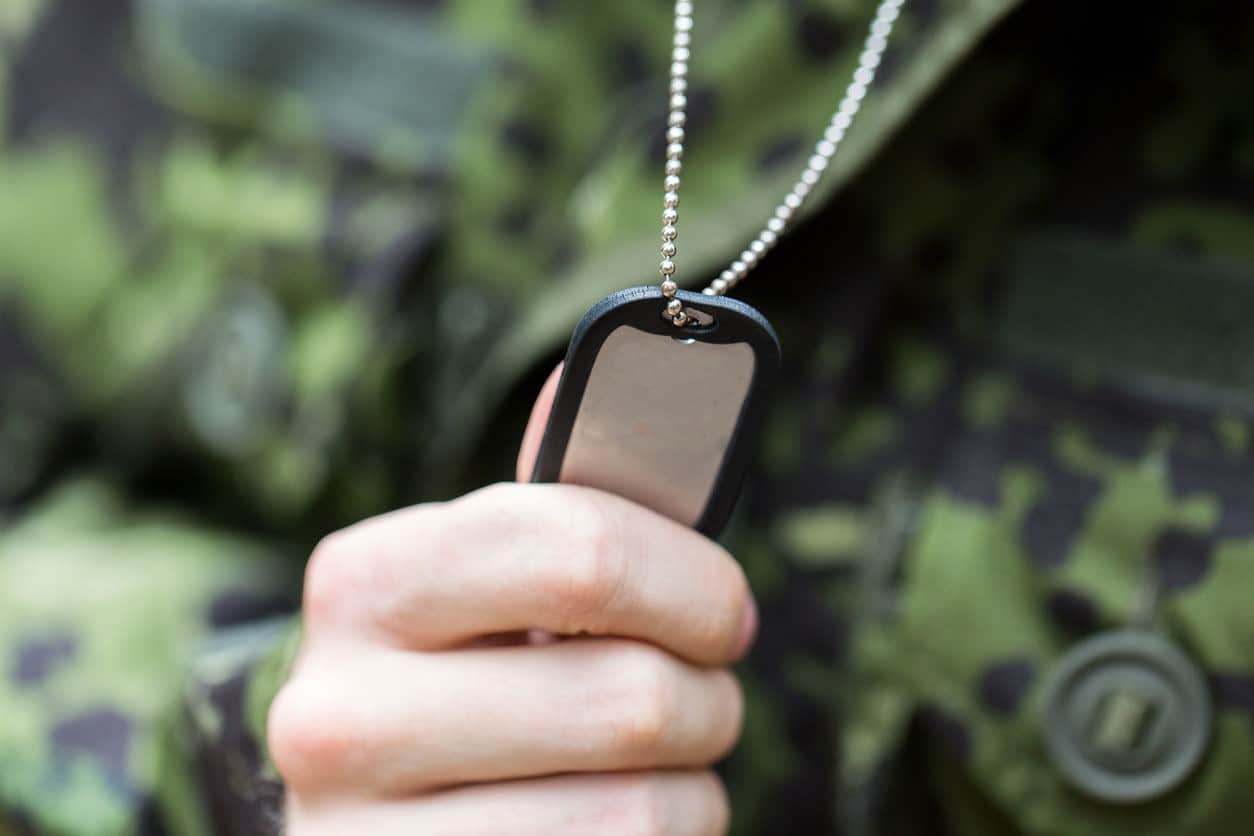Colorado Theft Laws: Penalties and Defense Strategies
July 1, 2025

Domestic Violence: The Effect of the Reported Holiday Increase
You Don’t Have to Assault an Officer to Resist Arrest
Entering into the military comes with a separate set of rules, privileges, and responsibilities. The world of criminal justice is no exception. Military criminal proceedings have different courts, processes, and penalties than civilian courts.
Just like civilian crimes, though, military crimes have the potential to destroy your reputation and your career. If you have been charged with a crime or are afraid you may be charged with a crime, become familiar with military criminal proceedings to prepare yourself for what is coming next.
Military Criminal Proceedings vs. Civilian Criminal Proceedings
There are six main differences between military criminal proceedings and civilian criminal proceedings.
Military Members Are Governed By the United Code of Military Justice (UCMJ): As a civilian, you are subject to local, state, and federal laws. As a member of our military, you should refer to the UCMJ. The UCMJ is a set of rules that was created by Congress in the 1950s that is consistent throughout all branches of the military.
You May Be Subject to a Court-Martial: The UCMJ lays out the military proceedings for attending a court-martial. Court-martials handle military-specific crimes and cases. If a serviceman breaks a minor civilian law (i.e. traffic violations or misdemeanor crimes), they may still be able to appear in civilian court. However, violent crimes, crimes against the military, and more serious offenses will be heard in a court-martial. This process is similar to a civilian court, but has slight differences (for example, investigations can continue throughout the entire process of a court-martial).
There are three different types of court-martials:

A Unanimous Vote Is Not Required: In civilian courts, every member of the jury must vote on the same verdict for the trial to end. In military courts, unanimity is only required for individuals facing the death penalty. A three-fourths vote is required for individuals facing life imprisonment. All other cases require a two-thirds vote from the jury for a guilty verdict. The jury is then responsible for creating a single sentence for the convicted individual, rather than a sentence based on individual counts or charges.
Appeals Are Heard by Your Branch of the Military: The UCMJ is consistent throughout all branches of the military, but each branch has its own appeals courts. Civilian cases are appealed in circuit and federal appeals courts. Military cases are appealed in, for example, the Army’s Court of Criminal Appeals or the Navy-Marine Court of Criminal Appeals.
Lawyers Must Receive Specialized Military Training: Generally speaking, finding a lawyer for a military charge takes more time and searching than finding a civilian criminal lawyer. This is due to the fact that most lawyers are only trained in state, local, and federal laws.

Need to speak to a Colorado military defense lawyer? Get in contact with our office today.
About the Author:
Denver-based criminal defense and DUI attorney Jacob E. Martinez is a knowledgeable and experienced litigator with a record of success providing innovative solutions to clients facing criminal charges of any severity. Mr. Martinez has been designated a Top 100 Trial Lawyer by the National Trial Lawyers and has been awarded both the Avvo Client’s Choice Award and Avvo Top Attorney designation, evidencing his reputation for his exemplary criminal and DUI defense work and high moral standards.